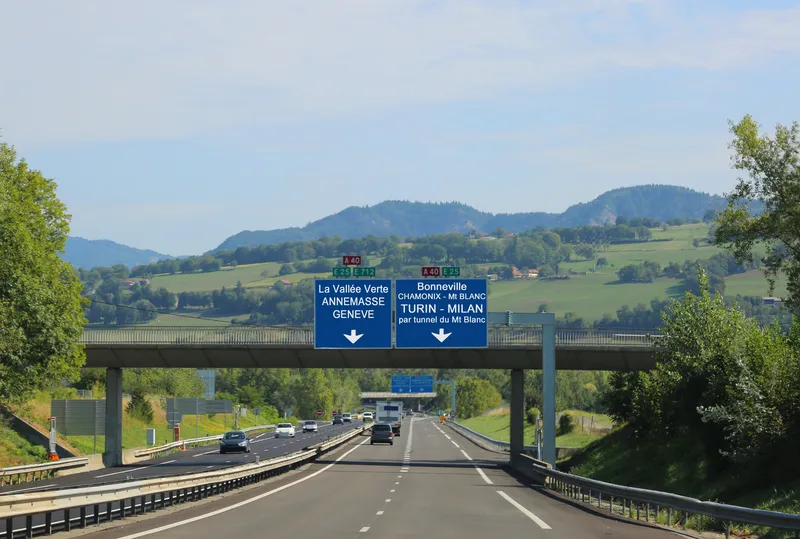The CAB brings together system professionals to document Highways England’s business needs so they can be implemented into safe and cost-effective solutions. The board manages the technical specifications used by Highways England's IT directorate, contractors and consultants on the National Motorway Communications System (NMCS). It also maintains the technology software systems, plans registry, NMCS2 and configuration management system websites and delivers requirements aligned to the Common Highways Agency Rijkswaterstaat Model’s (CHARM’s) advanced traffic management system.
CHARM will replace legacy IT systems at regional control centre, national traffic operations centre and various tunnel operations centres.
John Turner, Mott MacDonald’s project director, says the company will combine its CAB knowledge with its experience of other key Highways England commissions through strategic project interfaces.
“We’ll be able to identify and introduce efficiencies into the management and operation of the board, offering benefits which will be seen in the development, management and control of key Highways England specifications governing the operation of instation and outstation technology.”
Turner states Mott MacDonald is committed to improving health and safety with a specific focus on the strategic road network, road users, maintainers and operators.
“This includes achieving Highways England’s zero roadside visits objective, by leveraging the knowledge of key technical specialists on the CAB and associated community,” Turner adds.
The contract comes with the potential to extend service provision for two six month increments at the end of the year.
Mott MacDonald to continue managing Highways England's CAB
Mott MacDonald will continue managing Highways England’s change advisory board (CAB) which the government-owned company relies on to control its daily traffic operations. Mott MacDonald will also handle the forum’s websites and technical specifications over the two-year contract. The CAB brings together system professionals to document Highways England’s business needs so they can be implemented into safe and cost-effective solutions. The board manages the technical specifications used by Highways
June 8, 2018
Read time: 2 mins










